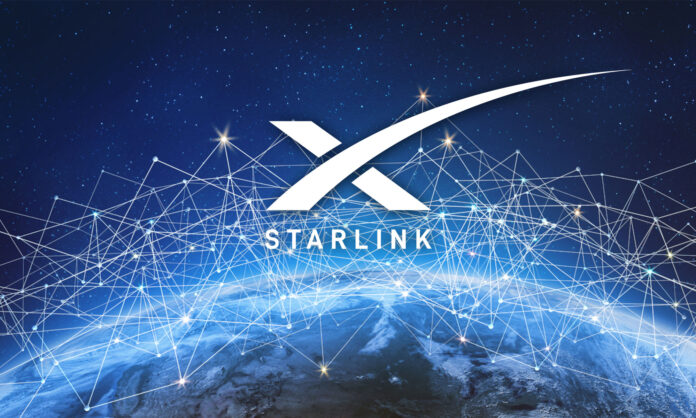Decades ago when the cold war was at its peak, the US and the USSR were engaged in a gruelling space race, where each intended to sprint past the other to establish its technological superiority over the other. The competition led to some of the fastest advances in technology and infrastructure for space exploration in modern history. Back then, this race was driven by ideological reasons. It was a question of national pride and internal security.
Today, a new space race propelled by profits and ambition has emerged. The commodification of space discovery was inevitable. What is interesting is how it has developed. A case in point is satellite internet service companies. The tech for this has been around for quite some time. In fact, the first company to acquire permission to transfer files through satellites in space was Hughesnet in 1993, barely a year after the dissolution of the Soviet Union. By 1996, the company had proven that downloading files through these satellites could drastically reduce download times.
But when the advent of commercial internet started rolling around all over the world at the end of the 20th century, most internet service providers focused on using ground cables. Over time, all over the world, this has become the primary infrastructure for the internet. In fact, around 95% of the world’s communication is carried by cables, and the rest by satellites.
But there is agreement that satellites will likely be the future. Which is why the industry has seen some intense competition over the years. There are several internet service companies operating satellites all over the world. Some, such as One Web and Shanghai Spacecom, have expressed interest in operating in Pakistan. None are as famous or as well known as Starlink, the company owned and operated by Elon Musk, the billionaire from South African who owns Tesla, X, and SpaceX among other enterprises, and is currently one of the most politically influential people in the United States.
Starlink is one of the many satellite internet service companies interested in Pakistan, None of them have gained regulatory approvals and licenses from the respective government bodies, thus far. But Starlink has emerged as the frontrunner in being granted all the necessary permits as it has been engaged in an active negotiation with the Government of Pakistan for a considerable time and its application process is ahead of the rest of the competition.
The question is, why is Starlink interested in Pakistan? Well, Pakistan is one of the many markets that these satellite internet providers are targeting. The developing world has a large appetite for the internet, and the introduction of reliable high speed internet can change a country and its economy. We have seen this in Pakistan as well, where high speed mobile broadband was introduced around 2010, and has in the decade-and-a-half since changed how we bank, do business, and run the economy. It has also been a major catalyst in Pakistan’s startup industry. The content in this publication is expensive to produce. But unlike other journalistic outfits, business publications have to cover the very organizations that directly give them advertisements. Hence, this large source of revenue, which is the lifeblood of other media houses, is severely compromised on account of Profit’s no-compromise policy when it comes to our reporting. No wonder, Profit has lost multiple ad deals, worth tens of millions of rupees, due to stories that held big businesses to account. Hence, for our work to continue unfettered, it must be supported by discerning readers who know the value of quality business journalism, not just for the economy but for the society as a whole.To read the full article, subscribe and support independent business journalism in Pakistan









